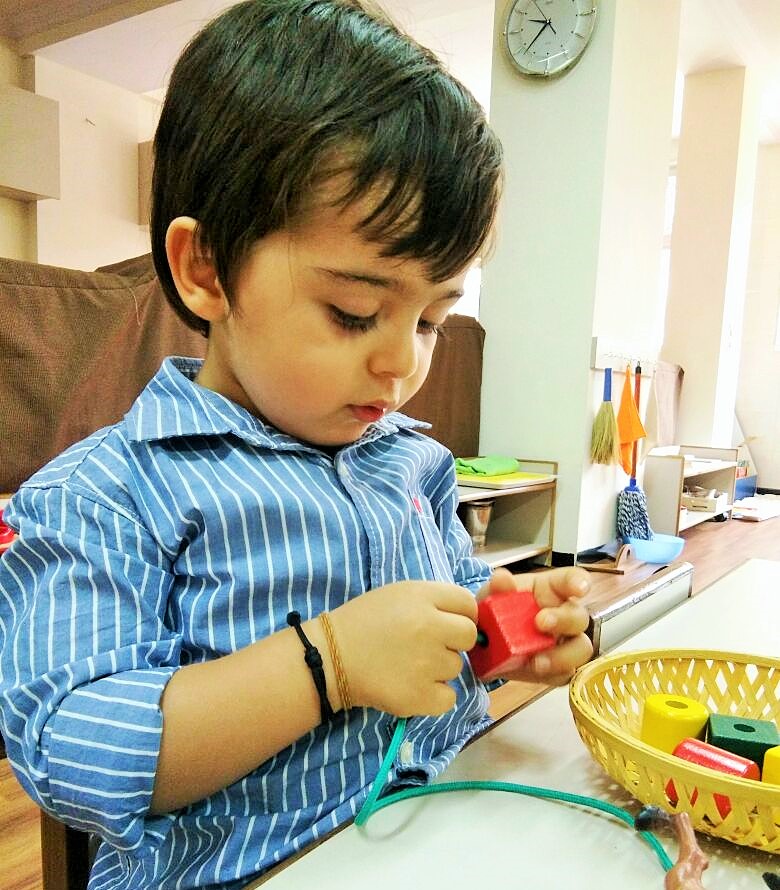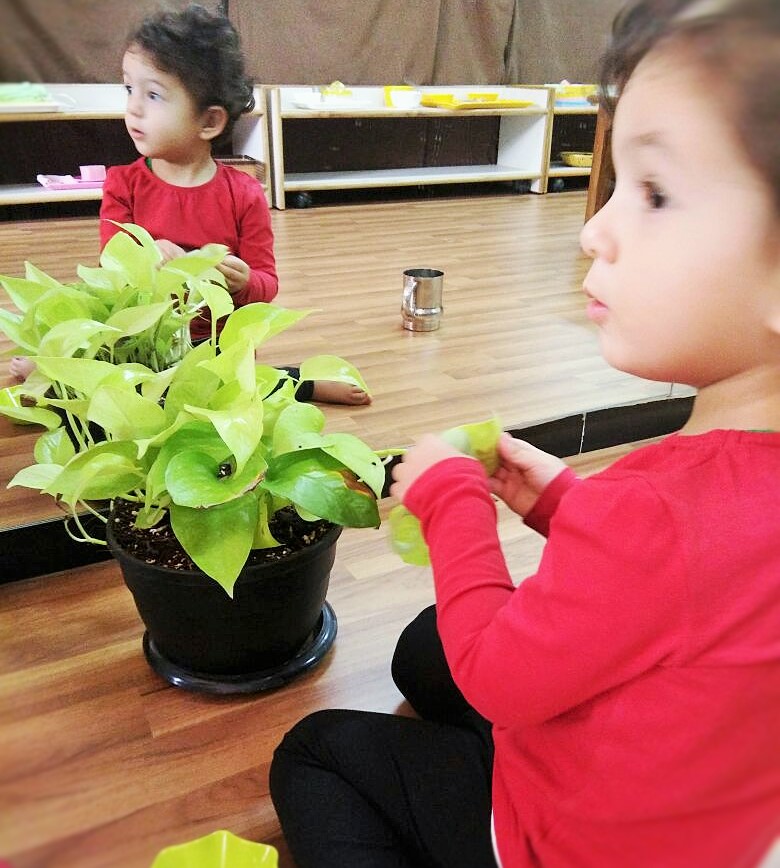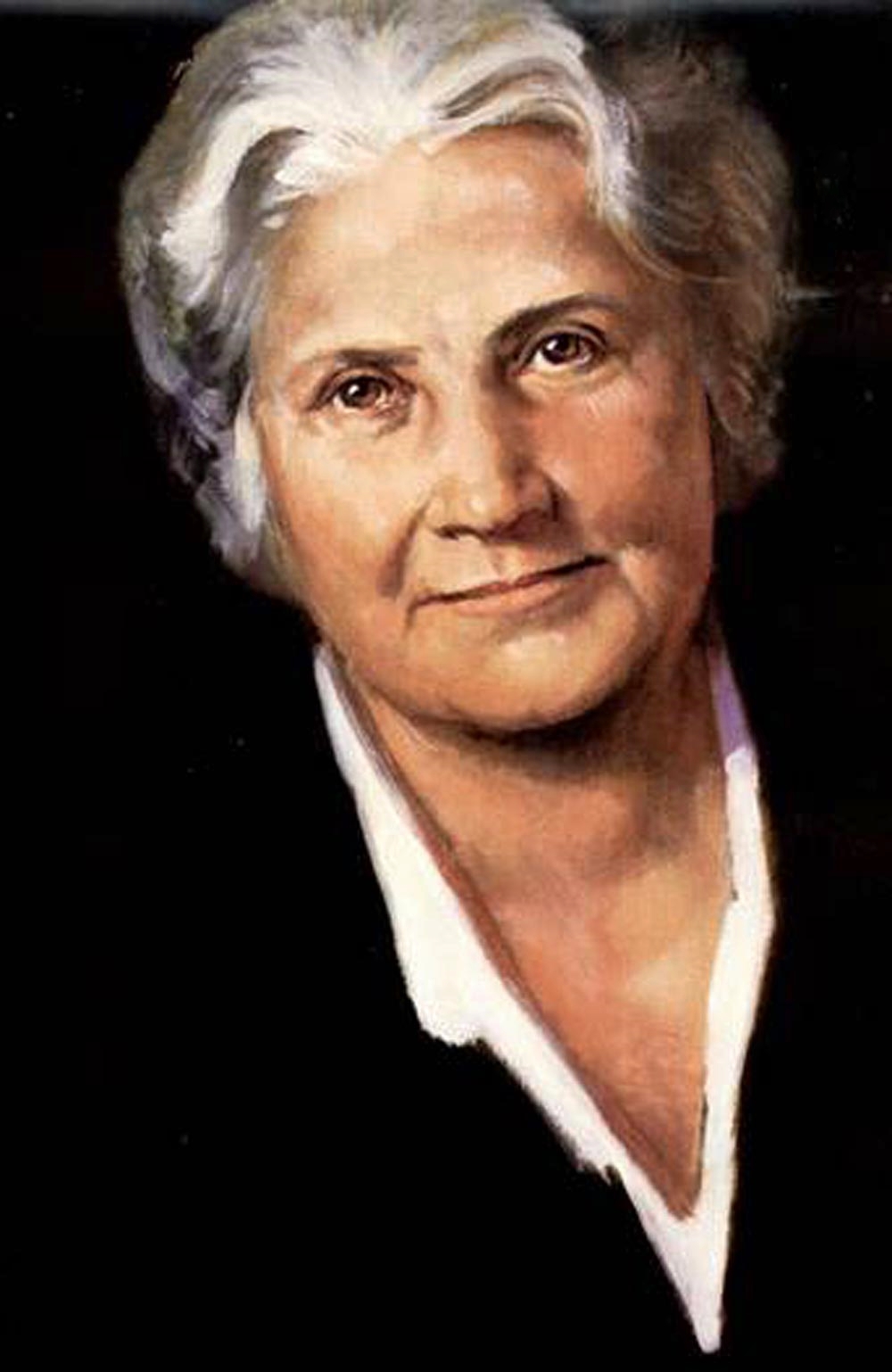Montessori Education is a system that promotes independent exploration as a mechanism for learning. Children of different ages share the same environment, and are encouraged to collaborate and help each other. Scientifically designed educational materials keep children interested in their own work. They perform these purposeful activities with some direction from the guide, but are generally left alone. One of the best aspects of Montessori Methodology is that the Children learn at their own pace, and focus on things that interest them. Children are given individual attention and are guided to more challenging work.
One of the most profound differences between Montessori education and Conventional education is that, in Montessori, children are given the experience of discovering the answer for themselves. This leads to a much deeper learning experience, and creates a lifelong love of learning as a self-directed process of problem-solving and discovery. The method discourages traditional competitive measurements of achievement, such as grades and tests, and instead focuses on the individual progress and development of each child.



